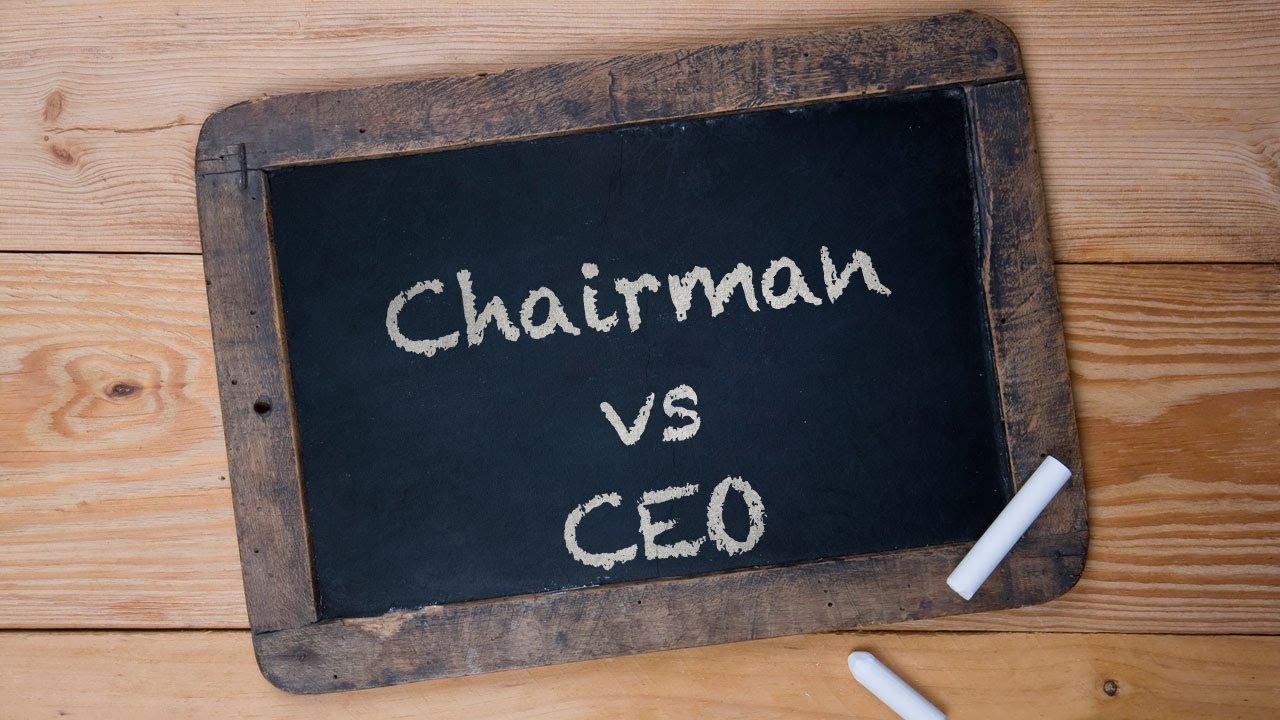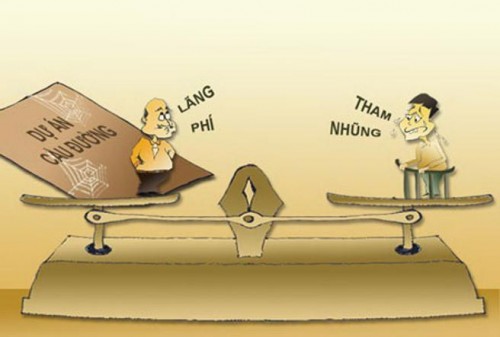We would like to provide you with some information about conducting business in Vietnam as follows:
Under the Law on Enterprises, a foreign entity may establish its presence in Vietnam as a limited-liability company with one or more members, a joint-stock company, or a partnership.
Foreign investors may also buy an interest in existing domestic enterprises, subject to ownership limitations which vary depending on the relevant industry sector.
Form of Business in Vietnam
1. Limited-liability company
A limited-liability company is a legal entity established by its members through capital contributions to the company. The capital contribution of each member is treated as equity. The members of a limited-liability company are liable for the financial obligations of the limited-liability company to the extent of their capital contributions (actual or declared).
The management structure of a limited-liability company consists of the members’ council, the chairman of the members’ council, the general director and a controller (or board of supervisors where the limited-liability company has more than 10 members).
A limited-liability company established by foreign investors may take the form of either:
• a 100% foreign-owned enterprise (where all members are foreign investors); or
• a foreign-invested joint-venture enterprise between foreign investors and at least one domestic investor.
A limited-liability company may not issue securities to mobilise capital.
2. Joint-stock company
A joint-stock company is a legal entity established by its founding shareholders based on their subscription for shares in the company.
Under Vietnamese law, this is the only type of company that can issue shares. The charter capital of a joint-stock company is divided into shares and each founding shareholder holds a number of shares that corresponds to the amount of capital the shareholder has contributed to the company.
A joint-stock company is required to have at least three shareholders. There is no limit to the maximum number of shareholders in such companies.
The management structure of a joint-stock company is comprised of the general meeting of shareholders, the board of management, the chairman of the board of management, the general director and a board of supervisors (where the joint stock company has more than 10 individual shareholders or if a corporate shareholder holds more than 50% of the shares of the joint-stock company).
A joint-stock company may either be 100% foreign-owned or may take the form of a joint venture between both foreign and domestic investors.
3. Partnership
A partnership may be established between an individual or a legal entity and the general partner, who must be an individual. The general partner has unlimited liability for the operations of the partnership.
4. Other Structures for Business and Investment in Vietnam
4.1. Branches
This is not a common form of foreign direct investment. Branches of foreign companies in Vietnam are different from representative offices in that a branch is permitted to conduct commercial activities in Vietnam.
In practice, in recent years the establishment of branches of foreign entities in Vietnam has been restricted by Vietnamese authorities
4.2. Representative offices
Foreign companies with business relations or investment projects in Vietnam may apply to open representative offices in Vietnam.
A representative office is not an independent legal entity and thus may not conduct direct commercial or revenue-generating activities (i.e., the execution of contracts, direct payment or receipt of funds, sale or purchase of goods, or provision of services).
However, a representative office is permitted to:
• act as a liaison office to observe the business environment;
• search for trade and/or investment opportunities and partners;
• supervise and accelerate the implementation of contracts entered into by its head office;
• act on behalf of the head office to supervise and direct the implementation of projects in Vietnam.
4.3. Business cooperation contract (BCC)
A BCC is a cooperation agreement between foreign investors and at least one Vietnamese partner in order to carry out specific business activities.
This form of investment does not constitute the creation of a new legal entity. The investors in a BCC share the revenues and/or products arising from a BCC and have unlimited liability for the debts of the BCC.
4.4. Build-operate-transfer (’BOT’), Build-transfer (’BT’) and Build-transfer-operate (’BTO’) Contract
Foreign investors may sign BOT, BT and BTO contracts with a competent State body to implement infrastructure construction projects in Vietnam. Typically, the contracts are for projects in the fields of transportation, electricity production, water supply, drainage and waste treatment.
The rights and obligations of the foreign investor will be regulated by the signed BOT/ BT/BTO contract. Under a decree dated 5 April 2011 on BOT, BT and BTO contracts, the Government encourages both public- and private-sector investors to participate in BOT, BTO and BT in the following sectors:
(i) construction, operation and management of brand-new infrastructure facilities; and
(ii) renovation, expansion, modernisation, operation and management of the existing infrastructure facilities such as:
• Roads, bridges, tunnels, and ferry landings;
• Railway bridges and railway tunnels;
• Airports, seaports and river ports;
• Clean water supply systems; sewage systems;
• Wastewater, waste collecting and handling systems;
• Power plants and power transmission lines;
• Infrastructure works of health service, education, training, career training, culture, sport and offices of State agencies; and
• Other projects as may be determined by the Prime Minister.

















